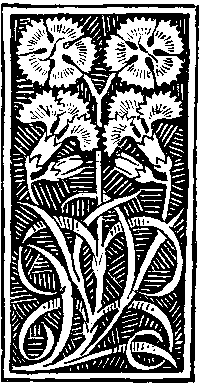Neo-Victorian Sexual De[f|v]iance:
Incest, Adultery, Breaking the Virginity Taboo and Female Sexual Agency in A. S. Byatt’s ‘Morpho Eugenia’
Keywords:
abhuman, A.S. Byatt, Darwinism, female sexual agency, Gothic, incest, 'Morpho Eugenia', neo-Victorian fiction, perversion, virginity tabooAbstract
This essay analyses the way Byatt’s novella is shaped by (neo-Victorian) Gothic by borrowing the concept of ‘abhumanness’ to focus specifically on Eugenia Alabaster. I argue that Eugenia’s conflation of deviance and defiance is an intellectual investigation into the biological and ethical nature of desire. Hence, Eugenia’s incestuous relationship with her half-brother Edgar and her marital relationship with William Adamson are read in the context of gendered sexploitation in order to analyse Victorian sexual politics in relation to the neo-Victorian investigation into Victorian sexual deviance. Eugenia’s deviant/defiant sexuality is thus read as a subversive form of Victorian female sexual agency and a way to break both the incest taboo and the virginity taboo. Finally, Eugenia’s sexual behaviour is discussed against the backdrop of past and present anthropological and psychiatric approaches to sexuality, which I argue have cross-fertilised Byatt’s own exploration of what constitutes sexual deviance in the novella.


